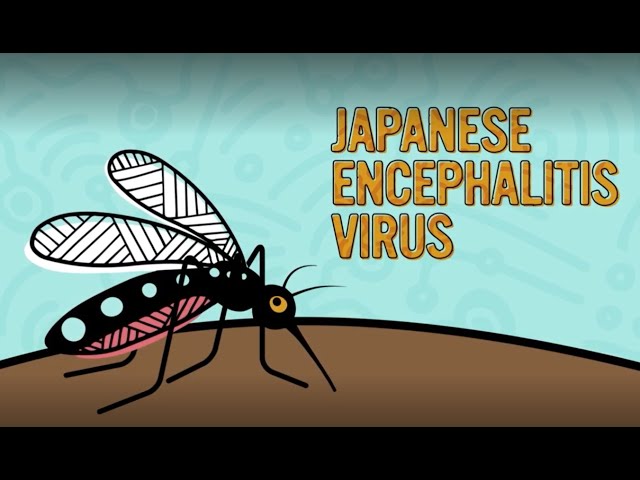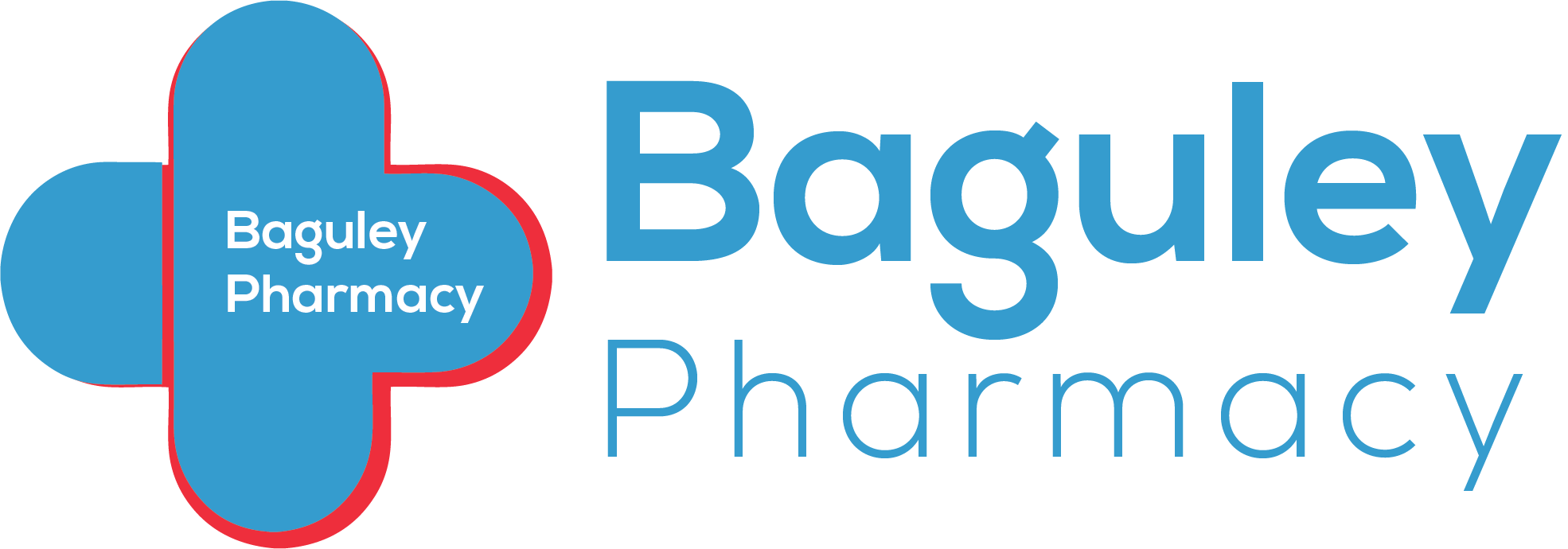
Japanese encephalitis (JE) is a viral infection of the brain transmitted to humans by mosquitoes in parts of Asia and the Pacific Rim. The mosquitoes that transmit JE feed predominantly during the night, between dusk to dawn and are prolific in rural areas, where rice cultivation and pig farming are common. However, they have also been found in urban locations.
The risk for most travellers to Asia is very low, especially for short-term travellers visiting urban areas. The overall incidence of JE among persons from non-affected countries travelling to Asia is estimated to be less than one case per 1 million travellers. Risk varies on the basis of: destination, duration, season and activities. It increases for persons who intend to live or travel in risk areas for long periods of time and have rural trips. Certain activities, even during short trips, where there is significant rural, outdoor or night time exposure e.g. fieldwork or camping can increase the traveller’s risk.
Most human infections with JE virus do not result in symptoms. When symptoms do occur they include fever, headache and confusion. In symptomatic cases requiring hospitalisation death rates are high and neurological complications are common.
Prevention
The risk of acquiring JE can be reduced by insect bite avoidance, particularly between the hours of dusk and dawn, when Culex mosquitoes are most active.
Japanese encephalitis vaccine
A licensed JE vaccine; IXIARO® is available and should be offered to those intending to stay for long periods in rural regions where JE occurs during the main transmission season or whose planned activities increase their risk.
Accelerated schedule
Adults aged 18-65 years can be vaccinated using a licensed accelerated schedule as follows: first dose at day 0, second dose: 7 days after first dose. Use of this accelerated schedule can also be considered off-license for travellers 2 months-17 years of age and those over 65 years of age when time is short.
Following a single dose of IXIARO®, 54 percent of adults had developed antibodies by day 28 in a clinical study. IXIARO® is available in a small number of Asian countries. Therefore, travellers may not be able to complete their vaccination course overseas with this vaccine. It is recommended that vaccinees who received the first dose of IXIARO® complete the primary two-dose vaccination course with IXIARO®.
